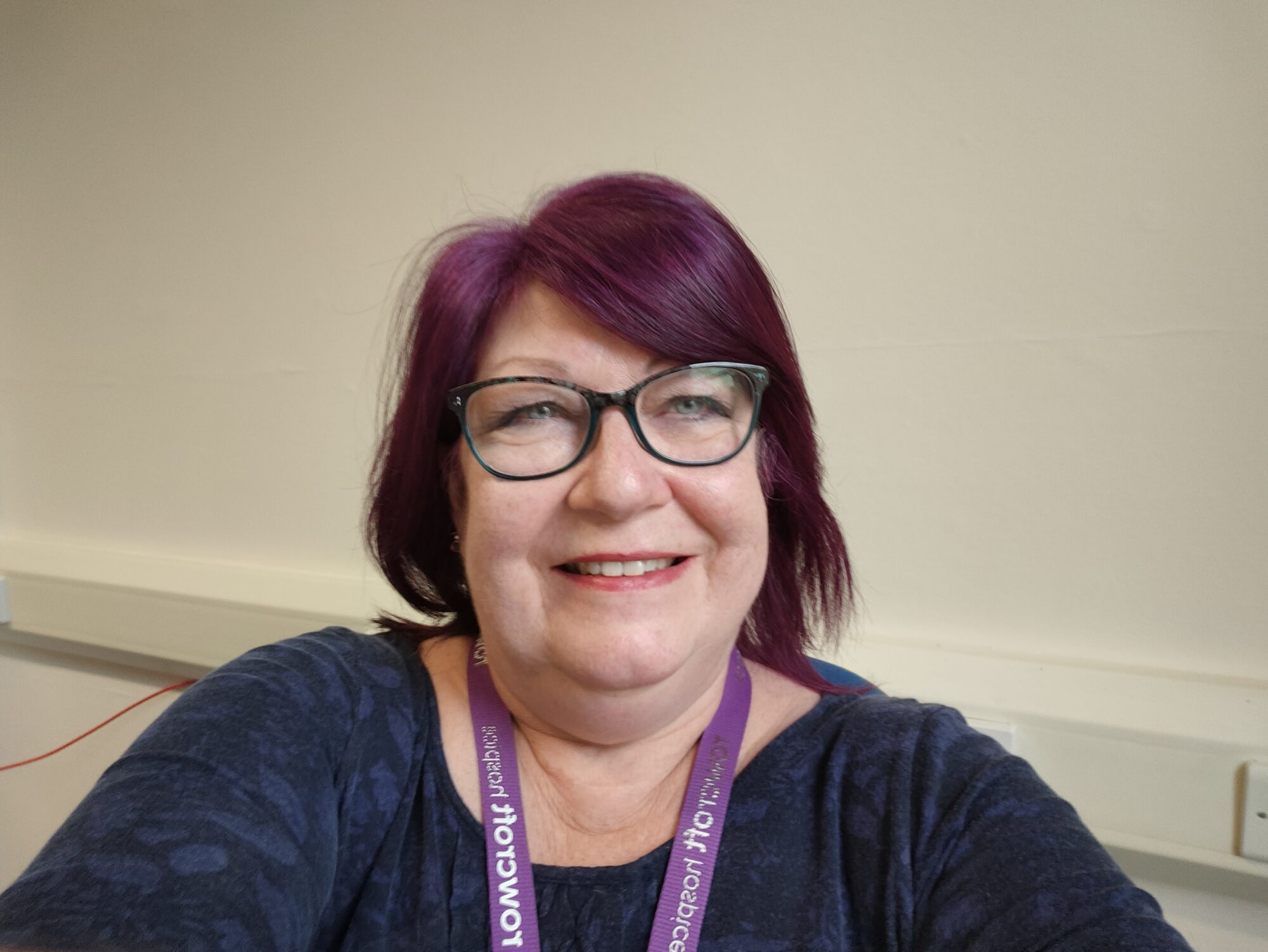The need for donations
In the UK, there are more than 7000 people who are in need of an organ transplant, and this figure is growing all the time. With today marking the start of Organ Donation Week, our Hospice at Home Manager Karenne Weaver explains why it’s so important for people to discuss their donation wishes with their families and loved ones, so that everyone who wants to donate can do so.
Missed opportunities for organ donations
“While all adults are presumed to be possible organ donors when they die (unless they specifically opt out), it is still necessary to gain the consent from families before any organ/tissue donations can take place,” says Karenne. “And because of this, each year hundreds of opportunities for transplant are missed because families aren’t sure what to do. Despite polls suggesting that up to 90% of people support organ donation, the family consent rate is around 68%. This suggests that families may deny consent as they don’t know what the wishes of their loved one were.”
Raising awareness
“Raising awareness about the issue can literally save lives. At Rowcroft, we believe that conversations around organ/tissue donation should be a usual part of end-of-life planning. We’re trying to normalise these conversations and make it easier to talk about how we want our tissues/organs to be used after we die, as we believe this to be an essential part of best practice. So we encourage patients who are near the end of life to let family members and healthcare providers know what they would like to happen after their death.”
The gift of sight through corneal donations
“Having the choice to donate can have a positive impact on a patient’s wellbeing, knowing that they can help others. Not everyone living with a life-limiting illness is able to donate organs, depending on their diagnosis, but in such cases corneal donation may still be an option. Corneal donations can literally transform lives; they can bring the amazing gift of sight – for example enabling a mother who has lost her vision to see her children grow up. There is currently a knowledge gap in the healthcare sector about this issue and it is a difficult subject to broach if you don’t have the knowledge, so Rowcroft provides training on the subject to local healthcare practitioners. This includes the educational training course: Treatment escalation plans and the gift of sight.
“We support end-of-life patients to understand what options are available to them and to feel empowered to make informed choices. Often patients with cancer assume that they can’t donate anything and are heartened to discover that their corneas can still be useful. I have known patients who had had family members that had received an organ transplant and they were very keen to be able to give that gift of life to someone else. Unfortunately, their diagnosis meant that they couldn’t donate their organs but they were able to donate their corneas in some cases.”
Leaving a legacy
“In many cases, the donor’s family can find out who benefited from their loved one’s donation. Though they won’t know the exact details, they may know for example that it was a 28 year old lady in Newton Abbot. I’ve known of families who have been so heartened by this knowledge that they’ve displayed the details in a frame on the wall. Though their loved one has passed away, it brings comfort to know that a part of them still lives on in another person.”
Organ Donation Week
Organ Donation Week is an annual campaign that aims to encourage people to register their decision on the NHS Organ Donor Register and take time to talk about this with their families. It’s possible to save up to nine lives by being an organ donor, and you can choose which parts to donate. Being on the NHS Organ Donor Register is the best way to record your organ donation decision. To find out more, visit Organ Donation Week 2023.

